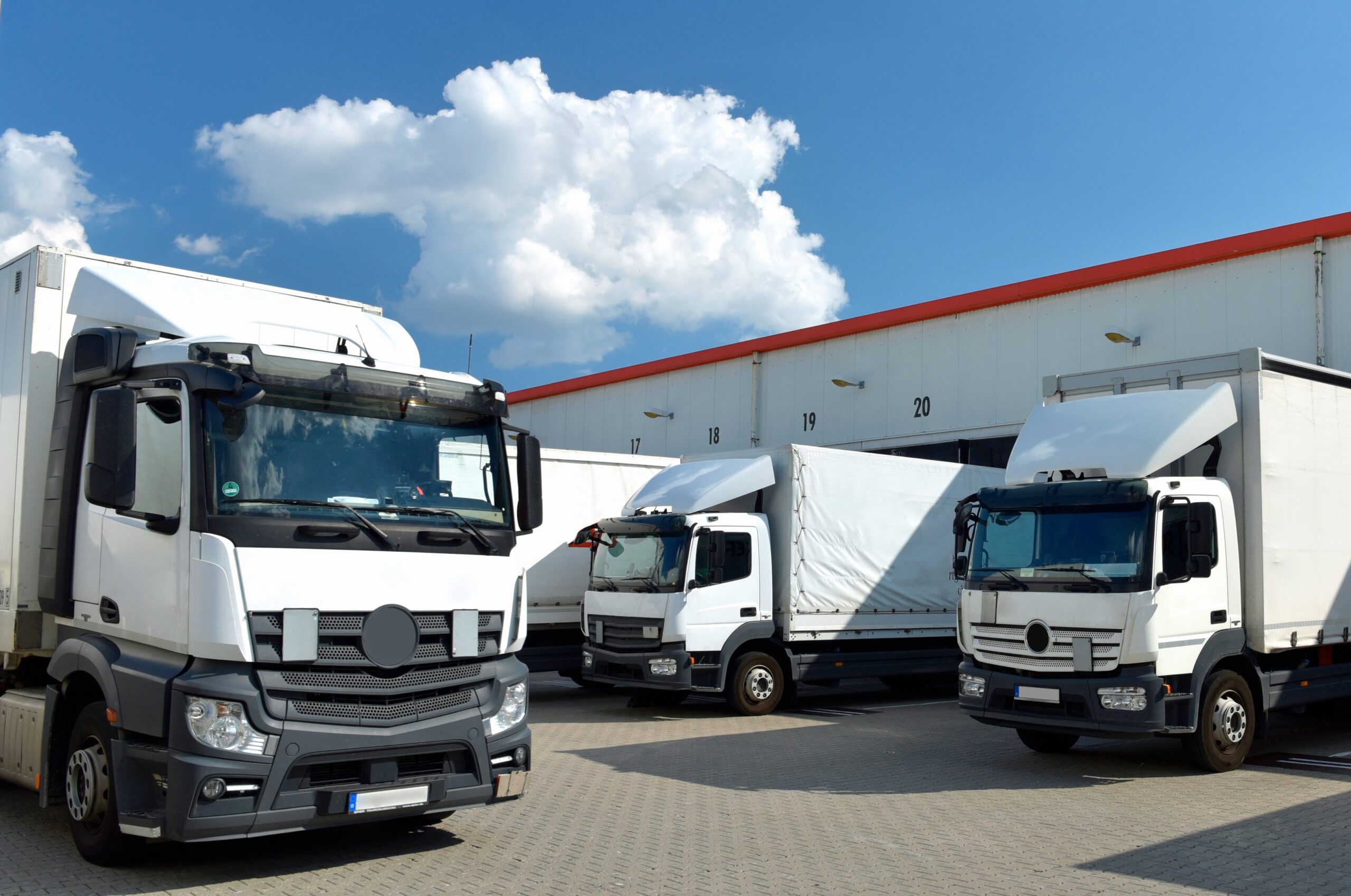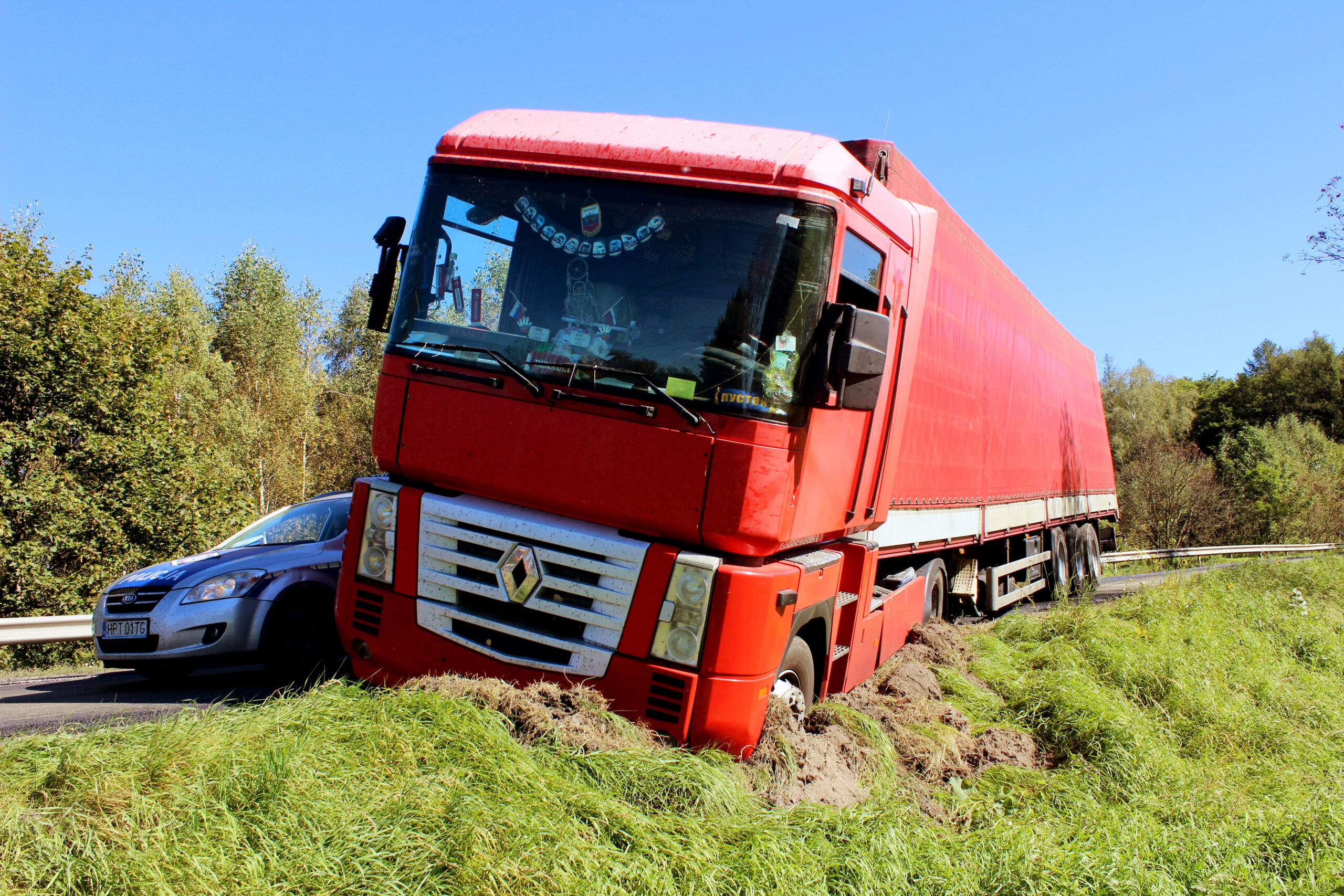Recovering Compensation After Tanker Truck Accidents
Tanker trucks carry a wide array of substances throughout the United States and Illinois. Tanker trucks can be tractor-trailers or straight trucks. In either case, they can cause massive property damage and injuries when a collision occurs. Their large size and increased weight create a larger force during impact that causes more severe injuries and a higher chance of death, especially when a crash happens at high speeds.
Tankers pose additional risk to those on the road because many carry hazardous materials, which can lead to dangerous explosions or toxic chemical exposure when a crash occurs. If such a truck accident injures you, consider talking to a
truck accident lawyer about your right to recover compensation.
Below you can learn more about tanker trucks, the substances they haul, and characteristics that make them especially dangerous.
All About Tanker Trucks
Tanker trucks have cylinder-shaped trailers that serve as holding tanks for a variety of different substances. Many tanker trucks are tractor-trailer trucks, which means the cab and the tank are two separate pieces that connect on hinge mechanisms. Some tankers are also straight trucks, which means the tank connects directly to the back of the cab without a hinge. Most tanks are made of metals like aluminum or stainless steel.
Tanker trucks sometimes haul liquid gases like nitrogen, or dry items such as sand or grain. Yet, the vast majority of tanker trucks haul chemicals or food grade liquids. Tanker trucks can be pressurized, insulated, and/or refrigerated, depending on the type of cargo they haul. Septic trucks are also a type of tanker that transports raw sewage to treatment plants.
Tanker Trucks Haul a Wide Variety of Items
In the United States, the vast majority of tanker trucks haul diesel and gasoline to gas stations, including those in Illinois. Yet, drivers can find tankers hauling many other items. Some tankers carry food items, while
others carry hazardous substances. In either case, drivers who share the road face the risk of injury if they get in an accident with a tanker.
Some examples of items that tankers transport besides gasoline include:
- Ethanol
- Oil and tar
- Sand
- Corrosive materials, such as acids
- Paints and dyes
- Herbicides and pesticides
- Ores, isotopes, and other radioactive substances
- Oxidizing chemicals like peroxides
- Flour and grain
- Liquid dairy products such as milk and cream
- Alcohol, wine, and beer
- Food oils such as olive, canola, and vegetable
- Corn syrup
Why Are Tanker Truck Accidents so Dangerous?
All truck accidents are dangerous and typically cause more damage than the average motor vehicle accident, but tanker trucks have special characteristics that make them especially dangerous. These characteristics also contribute to hazardous elements of tanker truck accidents. Below you will find some of these specific elements:
Fires
Tanker trucks can carry flammable materials and pressurized food-grade trucks can ignite when a crash happens. Truck accidents that lead to fires can cause fatalities. Even when accident victims live through a fire, they may suffer severe to catastrophic burns that require months of recovery and one or more reconstructive surgeries with skin grafts.
Explosions
Tanker truck collisions that occur at high speeds with a high force upon impact can throw a spark, which can cause flammable liquids and combustible cargo to explode. Accident victims who don’t lose their life can suffer excruciatingly painful burns as well as other major injuries. Explosions can also leave a victim with shrapnel in the body. Tanker truck accident victims who suffer injuries in an explosion likely will have one or more permanent scars on their bodies.
Load Spills
Trucking companies and manufacturers who send out tanker trucks have a legal requirement to maintain their trucks, keep them roadworthy, and properly secure all cargo. This includes regular inspections and closing the tank after loading. When companies don’t properly maintain or load their tank trucks or the tank has defective parts, some or all of the load can leak or spill all over the road. Those who share the road with the truck risk exposure to dangerous substances if the truck is carrying hazardous materials. At the very least, nearby motorists might lose control of their vehicle when load spillage occurs.
Sloshing
A tanker truck’s load decreases with each delivery it makes. Tankers who aren’t fully loaded can cause traffic accidents because of the sloshing movement that occurs inside the tank. Careless or inexperienced drivers can take corners to fast or make other sudden movements. This causes the cargo to shift, changing the center of gravity in the tank. Tanker truck drivers have difficulty controlling their truck when sloshing occurs, which can potentially lead to dangerous or fatal accidents.
Rollovers
Tanker trucks aren’t necessarily more top heavy than a typical semi-truck, but the
movement of their cargo makes them more prone to rollover accidents when drivers lose control. Many truck accidents, including those in tanker trucks, result in injuries for drivers and occupants in other vehicles, but the truck driver walks away unscathed because he is protected by the cab. Rollover accidents are the exception to this rule. Not only are other motorists likely to suffer injuries if a tanker rolls over in their vicinity, but the truck driver is likely to sustain injuries too.
Injuries From Tanker Truck Accidents
Drivers and occupants involved in tanker truck accidents might experience one or more severe or catastrophic injuries, such as:
- Head trauma and brain injuries
- Neck injuries including whiplash and fractured cervical vertebrae
- Painful back injuries such as slipped discs and broken or herniated vertebrae
- Multiple fractures and crushed bones
- Internal organ damage and internal bleeding
- Spinal cord injuries that can cause full or partial paralysis
- Crushed limbs that need to be amputated when doctors cannot restore blood flow
- Severe to catastrophic burns leaving scars even after skin grafting and corrective surgery
- Lung damage from smoke inhalation or exposure to toxic chemicals or fumes
- Chemical burns, radiation exposure, and other damage from hazardous material.
If you suffered injuries in a tanker truck accident, it’s in your best interest to contact a truck accident attorney as soon as possible to determine your eligibility for compensation and the
best course of action for your circumstances.
David Abels
Partner
David Abels has carved a niche for himself in the personal injury law sector, dedicating a substantial part of his career since 1997 to representing victims of various accidents. With a law practice that spans over two decades, his expertise has been consistently recognized within the legal community.
Author's Bio



